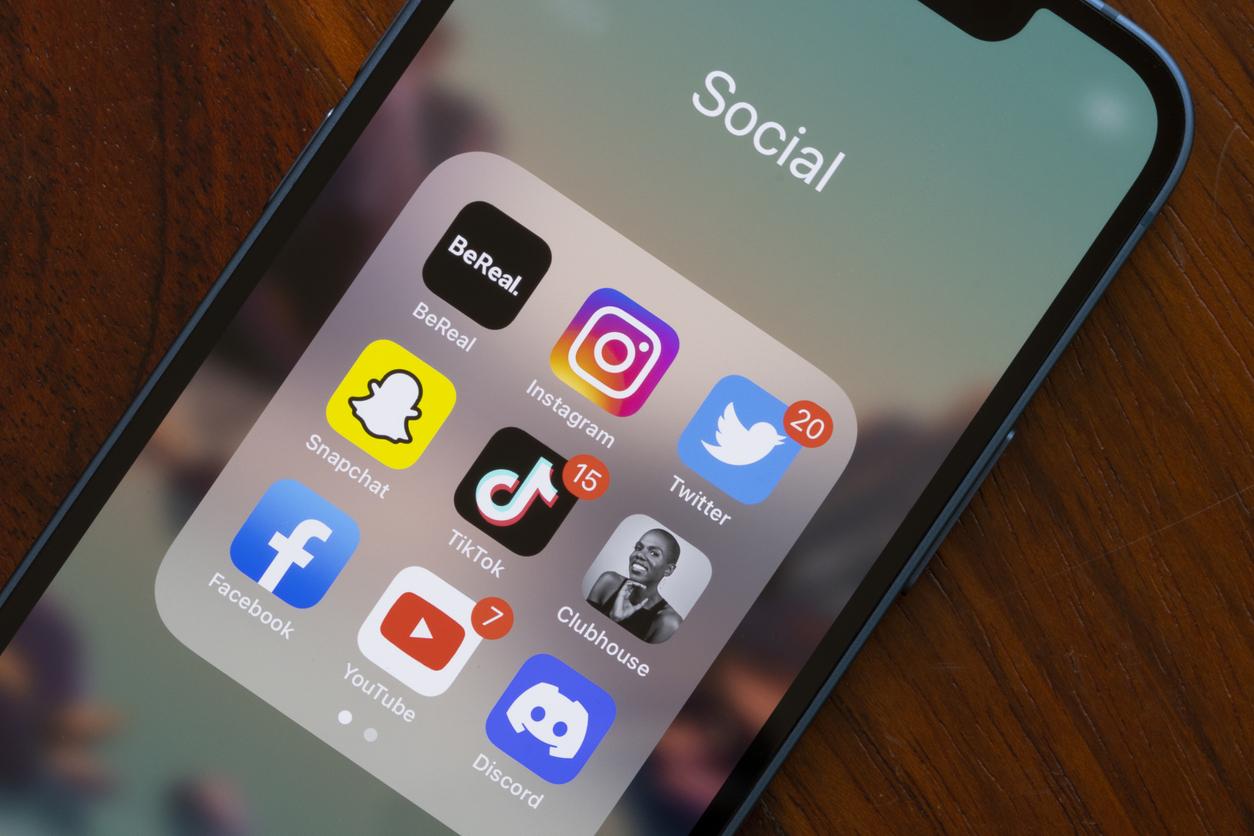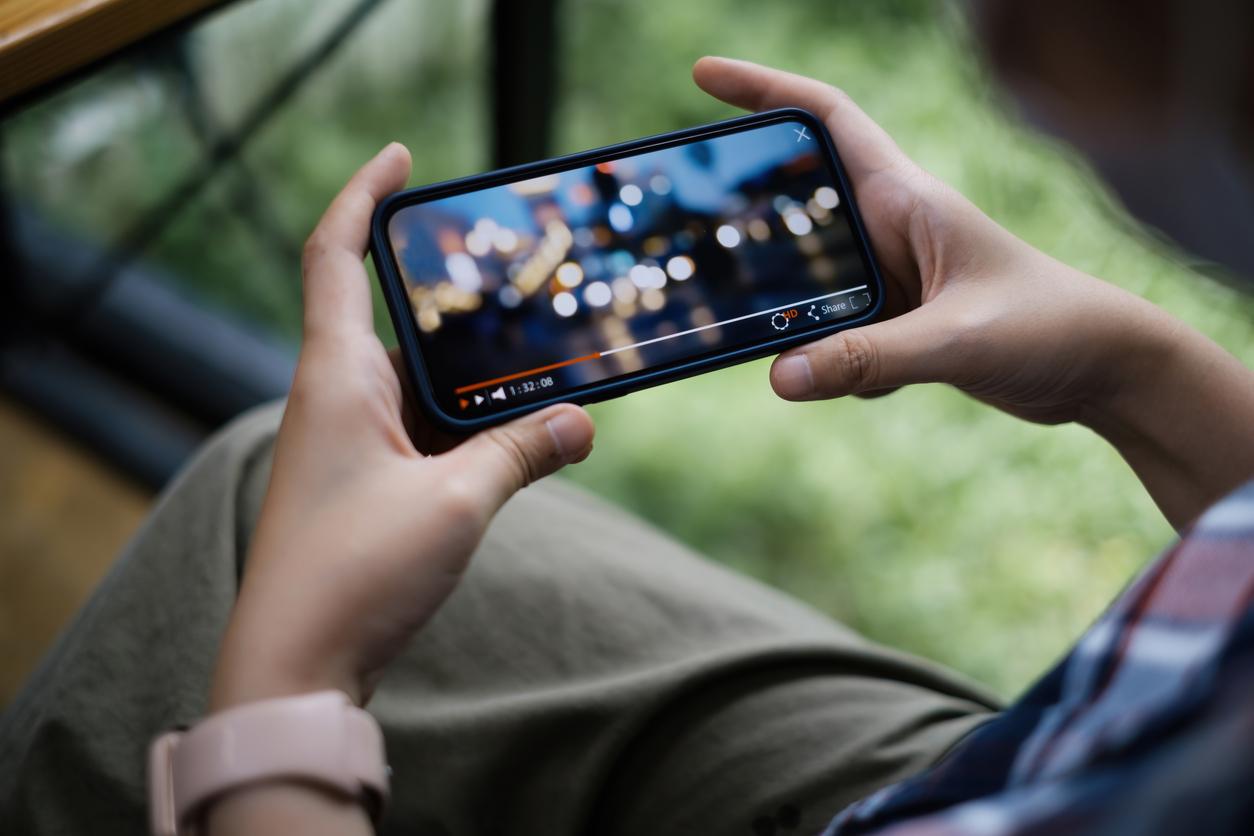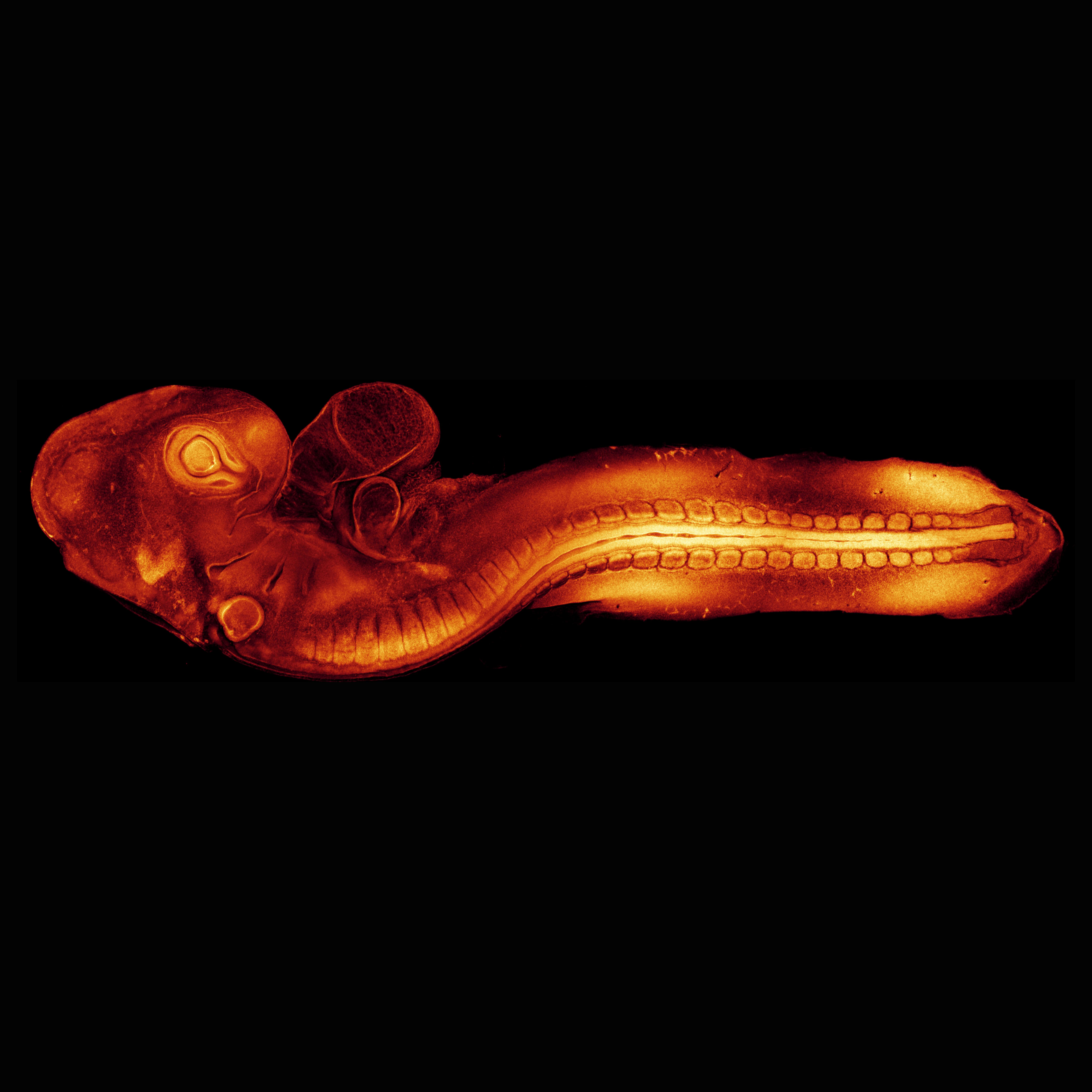Of all the TikTok videos analyzed by researchers, only one in five offered verified medical advice. The rest touted dubious, sometimes dangerous “cures” to a young audience vulnerable to false information.

- A British study reveals that 81% of “cancer cures” on TikTok are false cures, often dangerous to your health.
- Creators are indeed exploiting the platform to sell unvalidated products, supported by conspiracy theories and testimonials. And TikTok’s algorithm promotes the spread of sensationalist content, exposing young people to increased misinformation.
- The study calls for stricter regulation of social media to protect vulnerable users from this medical misinformation.
Up to 81% of “cancer remedies” offered on the TikTok network are in reality false treatments, the vast majority devoid of any medical basis. That’s the conclusion of a new study by sociologist Dr Stephanie Alice Baker, of St George’s School of Medicine, University of London. This survey highlights the risks of health misinformation on this platform popular with young people, who see it as a search engine for medical information.
Dangerous “cures” and conspiracy theories
Of the 163 videos analyzed by researchers, only 19% offered verified medical advice. On the other hand, the rest touted dubious products such as oregano oil, apricot kernels or dewormers for animals, sometimes dangerous for humans. The study, published in the journal SocArXivalso reveals that TikTok allows these content creators to redirect users to merchant sites where they can purchase these unauthorized products, increasing their profit potential at the expense of users.
Analyzing TikTok content in detail, research shows that 32% of videos touting fake cures are based on conspiracy theories, some even involving doctors. These videos claim that medical institutions and governments are hiding miraculous treatments, making the message more credible in the eyes of Internet users. The TikTok algorithm, by encouraging sensationalist content, reinforces this phenomenon, attracting a young audience, vulnerable to anti-vaccine or “alternative” healing discourse.
The spiral of disinformation and radicalization
The way TikTok works, based on infinite scrolling, makes users particularly sensitive to progressive “socialization” towards extreme content, a process accentuated by the platform’s algorithm. The study showed that users starting with innocuous searches about cancer are quickly exposed to increasingly radical videos, mixing dubious cures and conspiracy theories.
In a press releaseDr Baker warns: “The amount of misinformation about cancer cures on TikTok is alarming. The platform’s algorithm pushes creators to exploit people’s vulnerabilities, without sufficient regulation.” By allowing potentially dangerous information about cancer to proliferate, TikTok could expose users to significant risks to their health. For the specialist, it is more urgent than ever that governments intensify pressure on social networks for stricter moderation of their content.

















